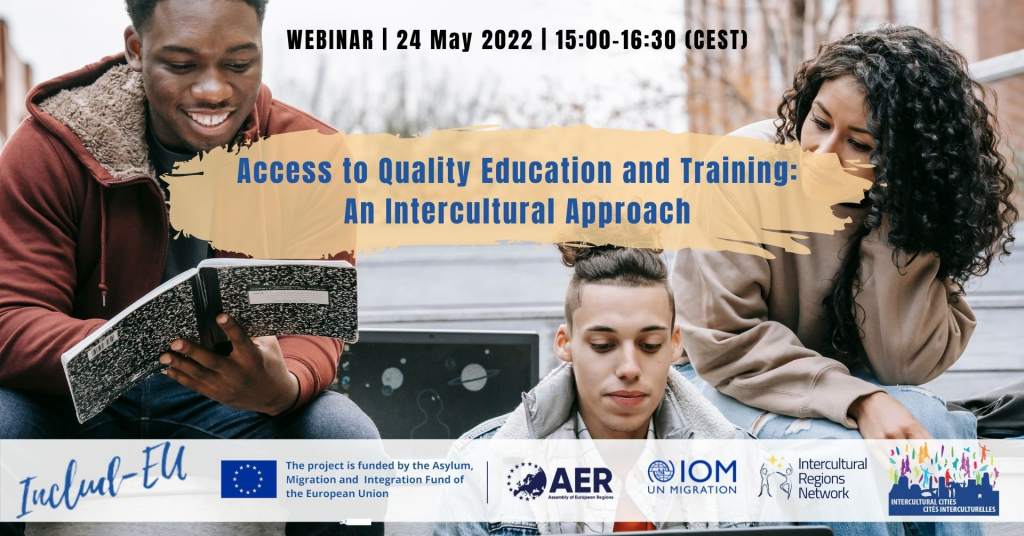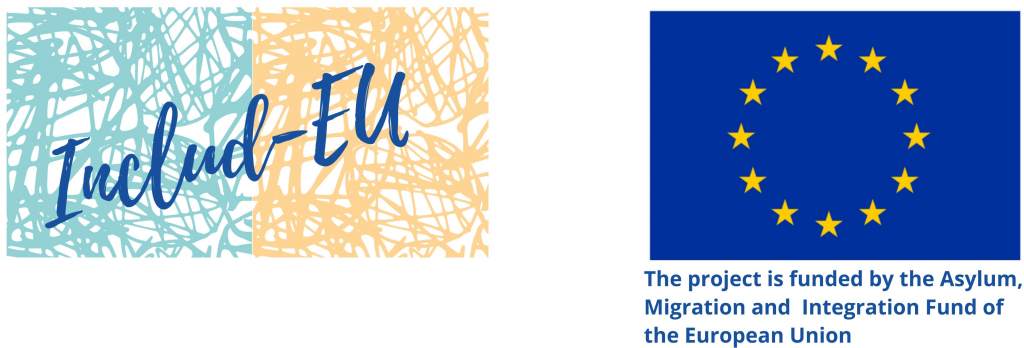We are a network
Multiple times per year, AER brings together regions, so that they may stand stronger together, and grow in a space of best practice exchange.

- This event has passed.
WEBINAR: Access To Quality Education And Training- An Intercultural Approach
24 May 2022 15:00 - 16:30

How to unlock the potential of education and training as key enablers for inclusion?
perceive diversity. From early childhood education to lifelong learning, education and
training are therefore powerful tools for building more inclusive societies.
Actions to support the inclusion of third-country nationals and to harness the diversity
advantage include work on the school and extracurricular programmes, when this falls under
the competences of the region or city, as well as the creation of opportunities for children
and adults (parents, educators) of different cultures to build trust and mutual respect and
create thereby favourable learning and working conditions for all pupils, irrespective of their
nationalities, origins, languages, sexual orientation or gender identity, religions/beliefs.
Learner-centered approaches that take into consideration the needs, talents, skills, desires and
mindset of individual learners (including their backgrounds), as well as the need to ensure
learning is accessible at all stages of their lives, are crucial to achieving personal
development and participate fully in society.
Speakers include:
Bruno Mesquita Valle, Chief of Unit, Capacity Development and Field Support, UNESCO;
Irene Psfidou, Senior Expert, CEDEFOP, VET and Inclusion: a European Picture;
Maria Podlasek-Ziegler, Policy Specialist at European Commission: Erasmus+ and European Solidarity Corps Inclusion and Diversity Strategy;
Eleonora Milazzo, PhD, researcher and migration policy consultant, Kings College London: Presentation of thematic briefing on Access to Education.
Ourania Xylouri, Director, Athens Lifelong Learning Institute, Greece
Wendy Heezen, Senior Relation Manager, Foundation for refugee students (UAF), Netherlands;
Maja Radinovič Hajdič, Director, Adult Education Center Jesenice.
Interested in attending?
Contacts:
Anna Comacchio, Project and Policy Officer, a.comacchio@aer.eu
Johanna Pacevicius, Policy and Knowledge Transfer Coordinator, j.pacevicius@aer.eu
This webinar is co-funded by the European Unions’s AMIF Programme.




